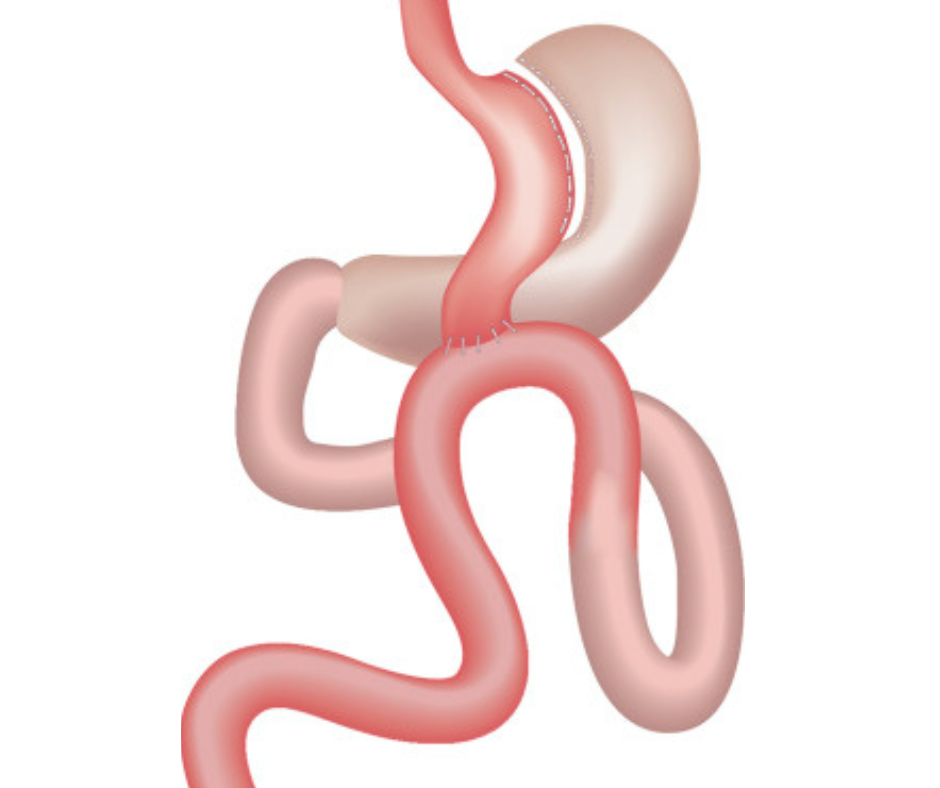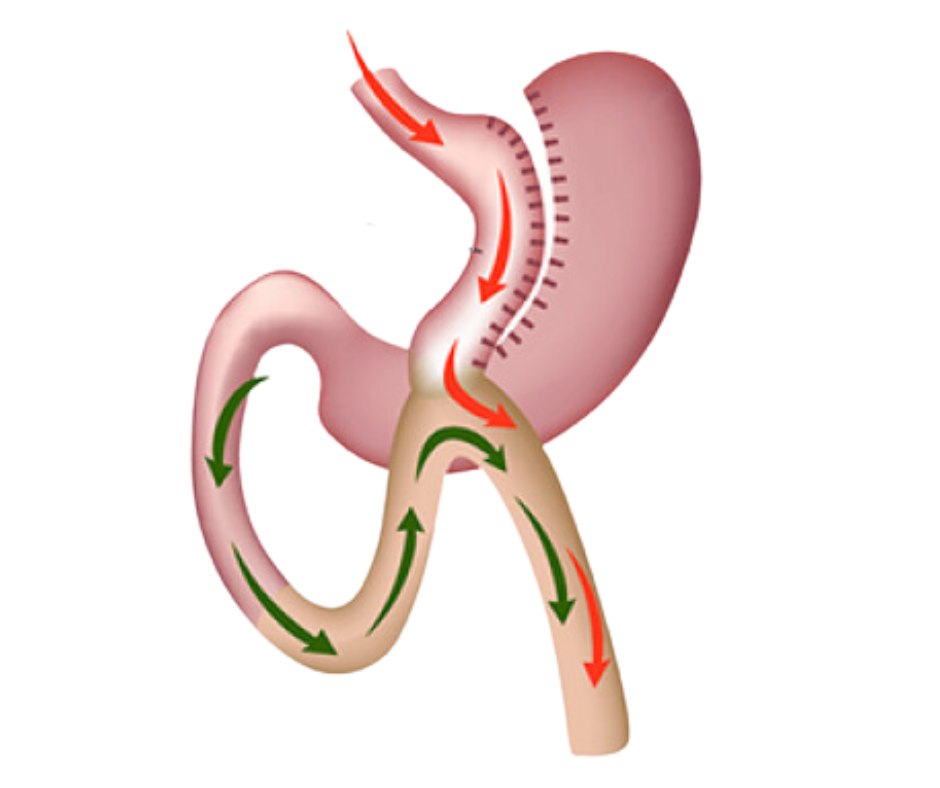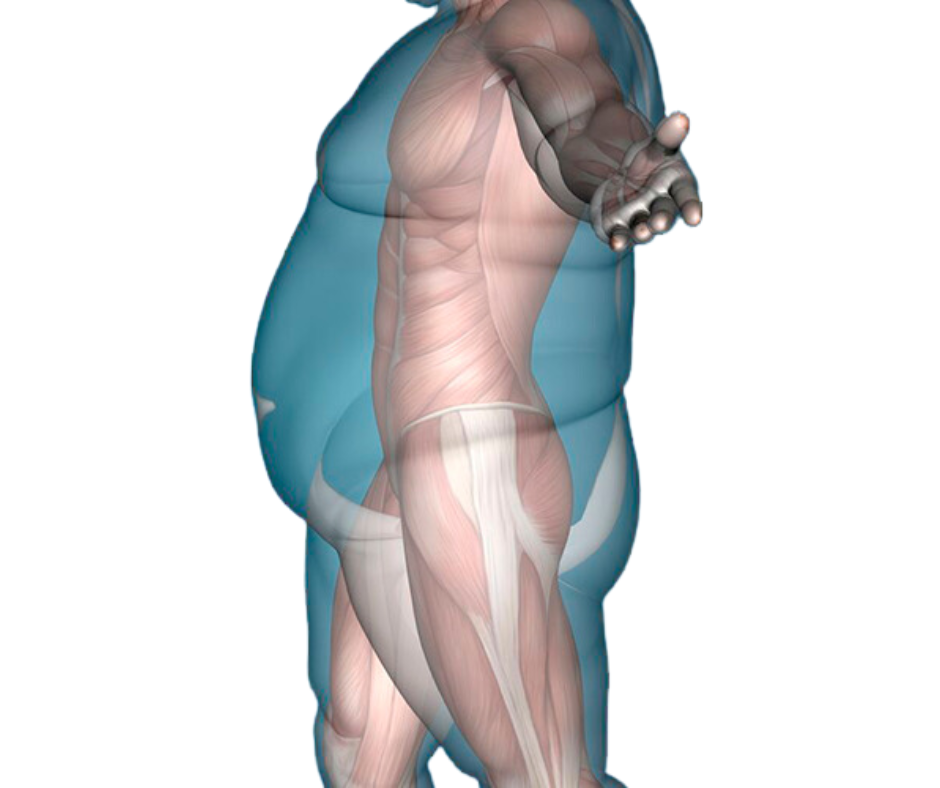Mini Gastric Bypass

If you are struggling with obesity and have not been able to achieve long-term weight loss through conventional methods, you may want to consider mini gastric bypass surgery as a viable option. This surgical procedure is a shortened and simpler version of the traditional gastric bypass surgery, and has been shown to be both safe and effective in helping patients achieve their weight loss goals. In this article, we will provide a comprehensive guide to mini gastric bypass surgery, covering everything from the procedure itself to the potential risks and benefits, as well as the costs associated with the surgery.
What is Mini Gastric Bypass Surgery?
Mini gastric bypass surgery, also known as one anastomosis gastric bypass, is a laparoscopic surgical procedure that aims to help patients achieve long-term weight loss by reducing the size of the stomach and bypassing a portion of the small intestine. The surgery is performed under general anesthesia, and involves creating a smaller stomach pouch and attaching it to a loop of small intestine, which bypasses the lower stomach, duodenum, and a portion of the small intestine. As a result, the patient feels fuller faster and absorbs fewer calories from the food they eat.
Who is a Candidate for Mini Gastric Bypass Surgery?
Mini gastric bypass surgery is generally recommended for patients who are morbidly obese, with a body mass index (BMI) of 40 or higher, or who have a BMI of 35 or higher with at least one obesity-related co-morbidity, such as type 2 diabetes, sleep apnea, or high blood pressure. However, the surgery may also be considered for patients with a lower BMI who have not been able to achieve long-term weight loss through diet and exercise.
How is Mini Gastric Bypass Surgery Performed?
Mini gastric bypass surgery is typically performed laparoscopically, using small incisions and a camera attached to a thin tube to guide the surgeon. The procedure generally takes less than an hour to perform, and most patients are able to go home the same day or within a day or two of the surgery.
The surgery begins with the surgeon creating a smaller stomach pouch by stapling a portion of the stomach. This pouch is then attached to a loop of small intestine, which bypasses the lower stomach, duodenum, and a portion of the small intestine. The length of the bypassed intestine varies depending on the surgeon and the patient’s metabolic condition. The incisions are then closed with sutures.

What are the Risks and Benefits of Mini Gastric Bypass Surgery?
Like all surgical procedures, mini gastric bypass surgery carries some risks and potential complications. These may include bleeding, infection, leaks in the gastrointestinal tract, deep vein thrombosis, dumping syndrome, intractable bile reflux, gallstones, malnutrition, and marginal ulcers. However, the risks associated with mini gastric bypass surgery are generally lower than those associated with the traditional gastric bypass surgery.
On the other hand, the benefits of mini gastric bypass surgery are significant, including rapid and sustainable weight loss, improvement or resolution of obesity-related co-morbidities, such as type 2 diabetes, sleep apnea, and high blood pressure, and a lower risk of complications than with other weight loss surgeries.
After mini gastric bypass surgery, patients generally spend one or two days in the hospital before being discharged. They will be given pain medication to manage any discomfort, and will be instructed to keep the incision area clean and dry. Patients will also need to follow a strict diet plan, consisting of clear liquids, then pureed foods, and eventually solid foods. They will also be instructed to avoid strenuous exercise and heavy lifting for several weeks after the surgery.
The cost of mini gastric bypass surgery in India varies depending on a number of factors, including the location of the hospital, the experience of the surgeon, and the specific details of the procedure. However, mini gastric bypass surgery in India is generally more affordable than in other countries, with costs ranging from INR 3.5 to 5 lakhs.

How to Choose the Best Mini Gastric Bypass Surgery in India?
When choosing a hospital and surgeon for mini gastric bypass surgery in India, it is important to do your research and choose a provider with a track record of success and a reputation for high-quality care. Look for a provider that offers comprehensive pre- and post-operative care, as well as ongoing support and guidance throughout the weight loss journey.
Mini Gastric Bypass Surgery Side Effects
Some of the common side effects of mini gastric bypass surgery include nausea, vomiting, diarrhea, and dumping syndrome, a condition in which food moves too quickly through the digestive system. Patients may also experience nutritional deficiencies, such as calcium, iron, and vitamin B12 deficiency, which can be managed with supplements.
Conclusion
Mini gastric bypass surgery is a safe and effective weight loss surgery that can help patients achieve long-term weight loss and improve their overall health. While there are some risks and potential complications associated with the surgery, these are generally lower than with other weight loss surgeries. If you are considering mini gastric bypass surgery in India, be sure to choose a provider with a track record of success and a reputation for high-quality care, and be prepared to follow a strict diet and exercise plan to maximize the benefits of the surgery

